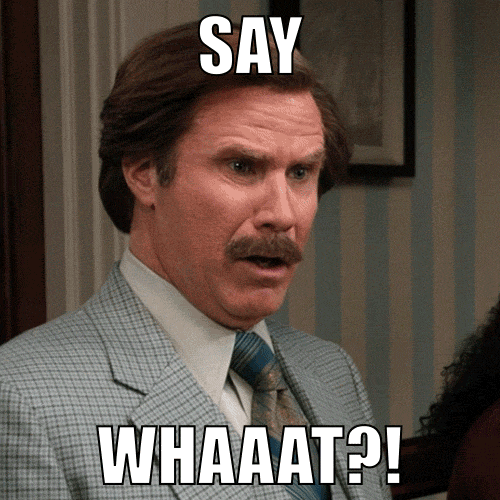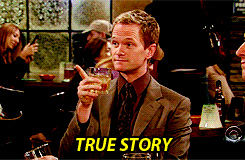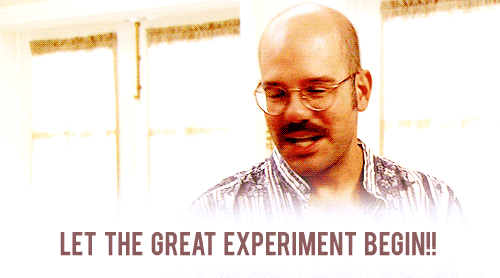The first class of Writing Fiction is writing about lies and truths (see previous post)
We were then supposed to read other people’s paragraphs and answer these questions:
- Is there anything that distinguishes the fictitious elements?
- Are there common elements that you and your fellow writers write about as ‘facts’?
- Do any of these passages suggest stories to you?
You know, sometimes it was really hard to tell what was fictitious and what was not when I was reading other people’s paragraphs. Everyone wrote about really different things, but I thought that some people’s paragraphs felt like it could ALL be true.
I think the line between fiction and nonfiction can be really grey depending on the topic/details.
I think what made things stand out as being fictitious is when it seemed really over the top, something that was just TOO incredible or coincidental to believe. But perhaps I’m wrong and it was the truth, and something else mundane was the lie.
I’ve had some CRAZY things happen to me in Korea that when I try to explaining to people at home, they just can’t understand or believe.

Actually, the paragraphs I wrote for this assignment were about my life in Korea, but I twisted it a lot for the lying paragraphs. But had I not told you most of it was a lie, would you believe it’s true? Most people don’t know a lot about Korea, so I could tell you “this is true!” and you might believe me.
The same goes for talking to people in Korea about America. For example, as a joke I tell my students I’m friends with Obama. They always says “Teacher!! REALLY? No!! LIAR!” but then I shake my head (no smiling or laughing) and say, “Yes! Really!”

Barney, minus the drinking at school, ha
Because I look so serious, and I am from D.C., some of them actually believe me! Or, at least, they have enough doubt in their mind to ask my co-teacher if I am lying or not.

This is so epic. Whoever made this, I love you!
It seems easier to lie about things you know something about, versus something you know nothing about, at least for me.
I think this is important for fiction writing. If you want to lend more weight to your writing you should add details of “truthfulness” even if your story is entirely fictitious.
I don’t think there are many common elements that the other writers and I are using as facts because all of our paragraphs are SO different. There are so many different topics, different points of view, and different styles. Even if you gave two writers the same 3 lies, 1 truth to work with, the paragraphs they would write would differ and I might not think they actually have the same truth.
Actually, this seems like an interesting experiment. Give a group of writers the same 3 lies, 1 truth and see what they come up with. Then ask other people unrelated to the task to figure out the truth and the lies.

A lot of these paragraphs seem like they could be short stories or that they could even developed into longer stories. Even just writing my two paragraphs I felt like I could maybe turn it into a larger story of some kind if I gave it more thought…. We shall see!